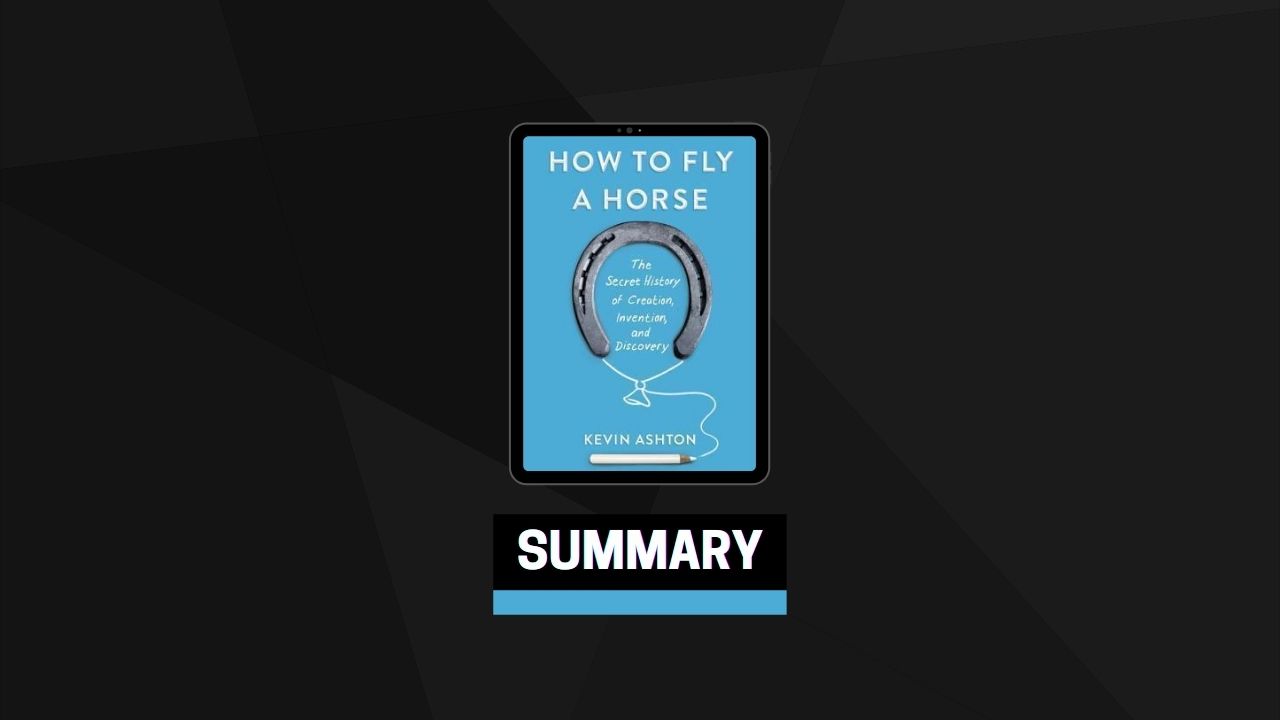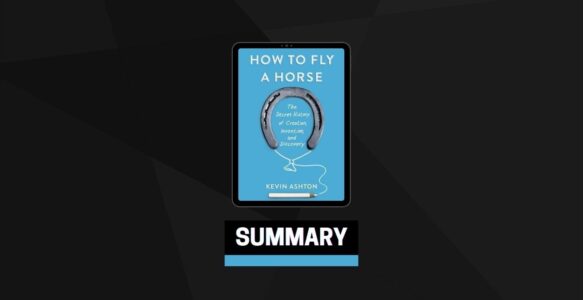Creating Is Ordinary
With the myth gone, we have a choice. If we can create without genius or epiphany, then the only thing stopping us from creating is us. There is an arsenal of ways to say no to creating. One, it is not easy, has already been addressed. It is not easy. It is work.
Another is I have no time. But time is the great equalizer, the same for all: twenty-four hours every day, seven days every week, every life a length unknown, for richest and poorest and all between. We
The third no is the big one, the gun to the head of our dreams. Its endless variations all say the same thing: I can’t. Here is the sour fruit of the myth that only the special can create. None of us think we are special, not in the middle of the night, when our faces fluoresce in the bathroom mirror. I can’t, we say. I can’t because I am not special.
We are special, but that does not matter right now. What matters is that we do not have to be. The creativity myth is a mistake born of a need to explain extraordinary outcomes with extraordinary acts and extraordinary characters, a misunderstanding of the truth that creation comes from ordinary people and ordinary work. Special is not necessary
Thinking Is Like Walking
All creation, whether painting, plane, or phone, has the same foundation: gradual steps where a problem leads to a solution that leads to a problem. Creating is the result of thinking like walking. Left foot, problem. Right foot, solution. Repeat until you arrive. It is not the size of your strides that determines your success but how many you take.
Expect Adversity
Great creators know that the best step forward is often a step back—to scrutinize, analyze, and assess, to find faults and flaws, to challenge and to change. You cannot escape a maze if you only move forward. Sometimes the path ahead is behind.
Rejection educates. Failure teaches. Both hurt. Only distraction comforts. And of these, only distraction can lead to destruction. Rejection and failure can nourish us, but wasted time is a tiny death. What determines whether we will succeed as creators is not how intelligent we are, how talented we are, or how hard we work, but how we respond to the adversity of creation.
Why is changing the world so hard? Because the world does not want to change.
How We See
How can we know we are seeing something real, and not being deluded by dissonance. That’s easy: delusion comforts when truth hurts. When you feel sure, feel wary. You may be suffering from certainty.
Delusion’s comfort comes from certainty. Certainty is the low road past questions and problems. Certainty is cowardice—the flight from the possibility that we might be wrong. If we already know we are right, why confront queries or qualms? Just climb the Eiffel Tower and fly already.
Confidence is a cycle, not a steady state, a muscle that must be strengthened daily, a feeling we renew and increase by enduring the adversity of creation. Certainty is constant. Confidence comes and goes.
Make an enemy of certainty and befriend doubt. When you can change your mind, you can change anything.
Chains of Consequence
As creators, we can anticipate some of these consequences, and if they are bad, we should of course take steps to prevent them, up to and including creating something else instead. What we cannot do is stop creating.
The answer to invention’s problems is not less invention but more. Invention is an act of infinite and imperfect iteration. New solutions beget new problems, which beget new solutions. This is the cycle of our species. We will always make things better. We will never make them best. We should not expect to anticipate all the consequences of our creations, or even most of them, good or bad. We have a different responsibility: to actively seek those consequences out, discover them as soon as possible, and, if they are bad, to do what creators do best: welcome them as new problems to solve.
The Gas in Your Tank
Long after the beginning and far into an endless middle, something takes shape.
This is the time for those advocates of same, our inner critics and judges, to be let through the door they have been pounding on for so long. They have been eavesdropping all the while and are ready to attack the work with blue pencils as sharp as teeth and claws. Let them be loud. Let them brutally scrutinize the data, or the draft, or the sketch and cut out anything and everything that doesn’t need to be there. Selection is a bloody process. Beautiful work, maybe months in the making, is culled in moments.
This is the hardest part of all. We are the sum of our time and dreams and deeds, and our art is all three. Abandoning an idea can seem like losing a limb. But it is not nearly as serious, and it has to be done. The herd must be thinned or it faces extinction, and any new work that does not suffer selection faces an equivalent fate: it is unlikely to pass peer review, or be produced or patented, exhibited, or published. The world will always be more hostile to our work than we are. Ruthless selection gives it less to work with.
When the frenzy is over and only our fittest work, our very best new, has survived, it is time to begin again. The agents of same, sated for now, must retreat so that whatever is left, however slight, can reproduce and grow into a second draft, another prototype, a changed experiment, a rewritten song, stronger and better adapted.
And so it goes on. No eurekas or flashes of inspiration. Innovation is whatever remains when all our failures are removed. The only way to work is to accept our urge to create and our desire to keep things the same and make both pull in our favor. The art of new, and perhaps the art of happiness, is not absolute victory for either new or old but balance between them. Birds do not defy gravity or let it bind them to the ground. They use it to fly.
Good-Bye, Genius
When population grows, our ability to create grows even faster. There are more people creating, so there are more people with whom to connect. There are more people creating, so there are more tools in the tool chain. There are more people creating, so we have more time, space, health, education, and information for creating. Population is production. This is why there has been an apparent acceleration of innovation in the last few decades. We have not become innately more creative. There are just more of us.
And this is why we need new. Consumption is a crisis because of math; it is not yet a catastrophe because of creation. We beat change with change.
The chain of creation is many links long, and every link—each one a person creating—is essential. All stories of creators tell the same truths: that creating is extraordinary but creators are human; that everything right with us can fix anything wrong with us; and that progress is not an inevitable consequence but an individual choice. Necessity is not the mother of invention. You are.


